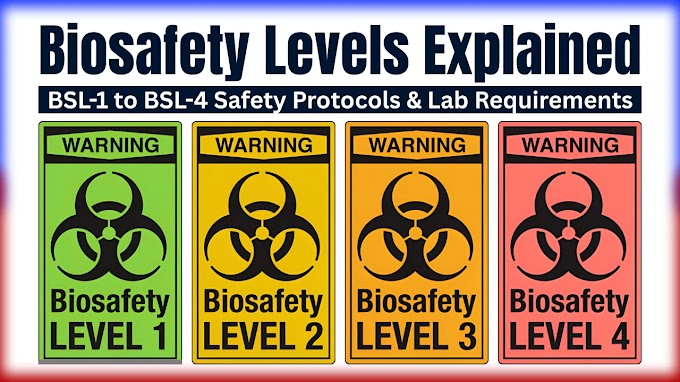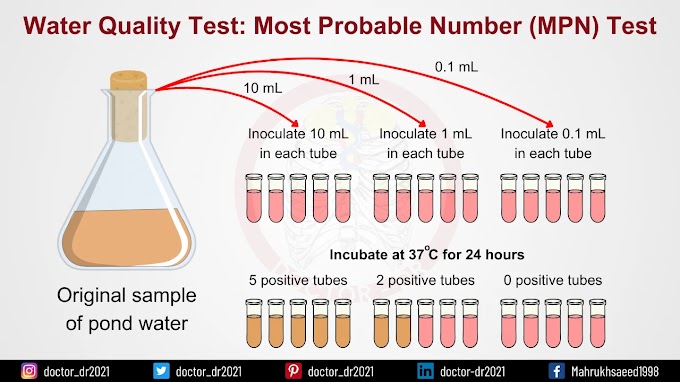Introduction
The microbiology of food is a fascinating subject that explores how microorganisms impact the safety, flavor, and nutrition of what we eat. Microorganisms are present in every aspect of our food chain, from the soil in which our crops grow to the intestinal tracts of the animals we consume. These microorganisms play critical roles in the production, processing, and preservation of our food. However, they can also pose serious risks to our health if not properly managed.
In this post, we will delve into the microbiology of food, examining the role of microorganisms in food production, the impact of microorganisms on food safety and quality, and the ways in which we can manage these microorganisms to ensure that the food we eat is safe, nutritious, and delicious.
The Role of Microorganisms in Food Production
Microorganisms play a critical role in food production, particularly in the fermentation of foods such as cheese, yogurt, and sourdough bread. These foods are produced through the controlled growth of specific microorganisms, which impart unique flavors and textures to the finished product. For example, the bacteria Lactobacillus is responsible for the tangy flavor of yogurt, while the yeast Saccharomyces is used to produce the bubbles in bread dough.
In addition to fermentation, microorganisms are also used in food preservation, such as in the production of pickles, sauerkraut, and kimchi. In these processes, microorganisms consume the sugars in the food, producing acid that inhibits the growth of harmful bacteria.
Microorganisms also play a role in the production of beer and wine. Yeasts are responsible for the fermentation of sugars in grains and fruits, producing alcohol as a byproduct.
The Impact of Microorganisms on Food Safety and Quality
While microorganisms play an important role in food production, they can also pose serious risks to our health if not properly managed. Bacteria, viruses, and parasites can contaminate food at any stage of production, from the farm to the table. Some microorganisms, such as Salmonella and E. coli, can cause foodborne illness, which can range from mild discomfort to severe dehydration and even death.
In addition to the risk of illness, microorganisms can also impact the quality of our food. Spoilage microorganisms, such as molds and yeasts, can cause food to spoil, resulting in off-flavors and odors. In some cases, spoilage can render the food unsafe to eat.
The Ways in Which We Can Manage Microorganisms in Food
To ensure the safety and quality of our food, it is essential to manage microorganisms throughout the food chain. This involves implementing good agricultural practices on the farm, such as proper irrigation and fertilization techniques to reduce the risk of contamination. It also involves proper handling and storage of food during transportation, processing, and preparation.
At the processing and preparation stages, it is important to implement good hygiene practices to prevent the spread of harmful microorganisms. This includes washing hands and surfaces thoroughly, cooking food to the appropriate temperature, and storing food at the correct temperature to prevent spoilage.
In addition to these practices, food manufacturers may use various methods to control microorganisms in food, such as pasteurization, irradiation, and the use of preservatives. These methods can help to extend the shelf life of food and reduce the risk of foodborne illness.
Conclusion
The microbiology of food is a complex and fascinating subject that highlights the critical role that microorganisms play in the production, safety, and quality of the food we eat. While microorganisms can pose serious risks to our health, they are also essential to the production of many of our favorite foods. By implementing good agricultural and hygiene practices, and using various control methods, we can ensure that the food we eat is safe, nutritious, and delicious. As consumers, it is important to be aware of the risks associated with foodborne illness and to take steps to minimize our exposure. This includes washing our hands and produce thoroughly, cooking food to the appropriate temperature, and storing food properly.
In addition to these practices, it is also important to support sustainable and responsible farming practices that prioritize food safety and quality. This can include choosing locally sourced, organic, and non-GMO foods whenever possible, and supporting farmers who use responsible irrigation and fertilization techniques to reduce the risk of contamination.
In summary, the microbiology of food is a complex and multifaceted subject that impacts every aspect of the food chain, from production to consumption. By understanding the role of microorganisms in food production and the risks they pose to our health, we can take steps to manage these microorganisms and ensure that the food we eat is safe, nutritious, and delicious.

.webp)




.webp)
.webp)
